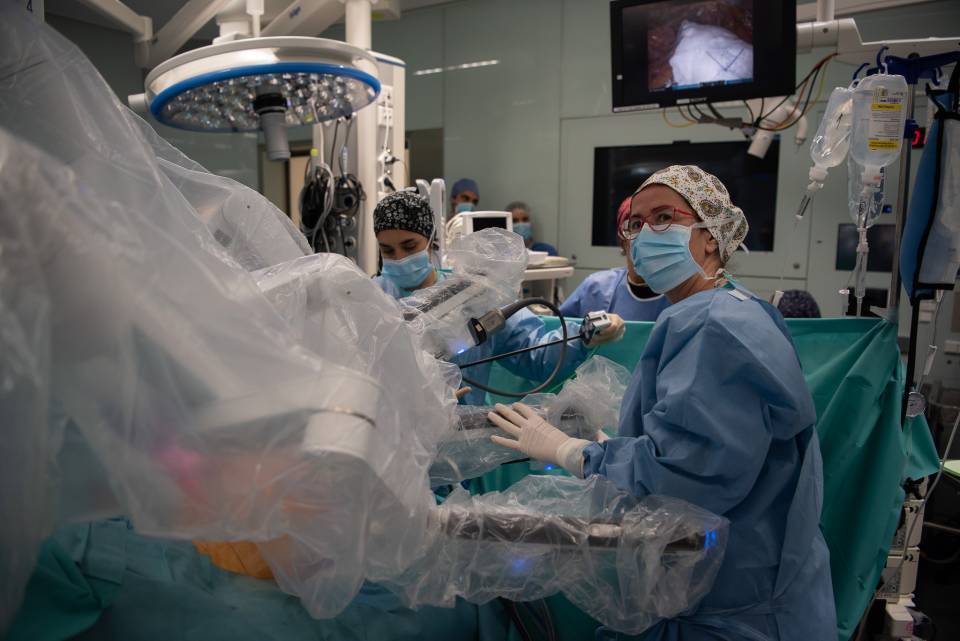Autoimmune encephalitis is a serious brain disorder associated with antibodies against neuronal cell surface proteins. In the most typical form of encephalitis, the antibodies attack the NMDA receptors in the brain. These forms of encephalitis are serious diseases that can cause memory disorders, hallucinations, behavioural changes and epileptic seizures in previously healthy individuals, most frequently in young women.
Marianna Spatola is a neurologist and researcher at IDIBAPS. More specifically, she is a member of the Pathogenesis of autoimmune neuronal disorders group led by Josep Dalmau, which has discovered and described most of the types of autoimmune encephalitis known today. Thanks to current research, there are treatments to reverse these types of encephalitis, such as immunotherapies to eliminate these antibodies. However, many questions remain open and it is still unknown, for example, why some patients have incomplete recovery and persistent deficits. In this area, Marianna Spatola’s research focuses on understanding the contribution of antibodies and innate immunity to the pathogenesis of autoimmune encephalitis and the role of viruses and other pathogens in brain autoimmunity.
The ImmuBRAIN project aims to explore the remaining unexplored immunological mechanisms, and in particular to understand how antibodies interact with the innate system using NMDA receptor antibody-associated encephalitis as a model. It will do so by combining human studies with innovative experimental models, with the aim of shedding light on new processes that could contribute to the development of long-term neurological symptoms and improve or reverse the prognosis of these patients. “A better understanding of these immunological mechanisms is a fundamental step towards developing new treatments that can improve neurological symptoms and the patients’ quality of life”, says Spatola.
Last year, IDIBAPS researcher Silvia Affò also received a Starting Grant, in this case to develop the DynamHet project, which studies the origin, evolution and function of the heterogeneity presented by cancer-associated fibroblasts.
The European Research Council (ERC) Starting Grants support research with great potential to advance high-impact knowledge. The ERC is the most prestigious and demanding scientific body in the European Union. The aim of the Starting Grants is to facilitate the independence of young research staff, so that they can start their own research group. In order to benefit from these grants, lead researchers must demonstrate the innovative nature, ambition and feasibility of their scientific proposal. For more information, please visit https://erc.europa.eu/apply-grant/starting-grant.




